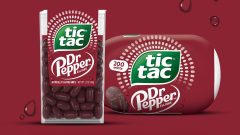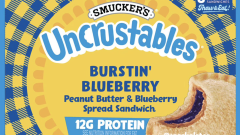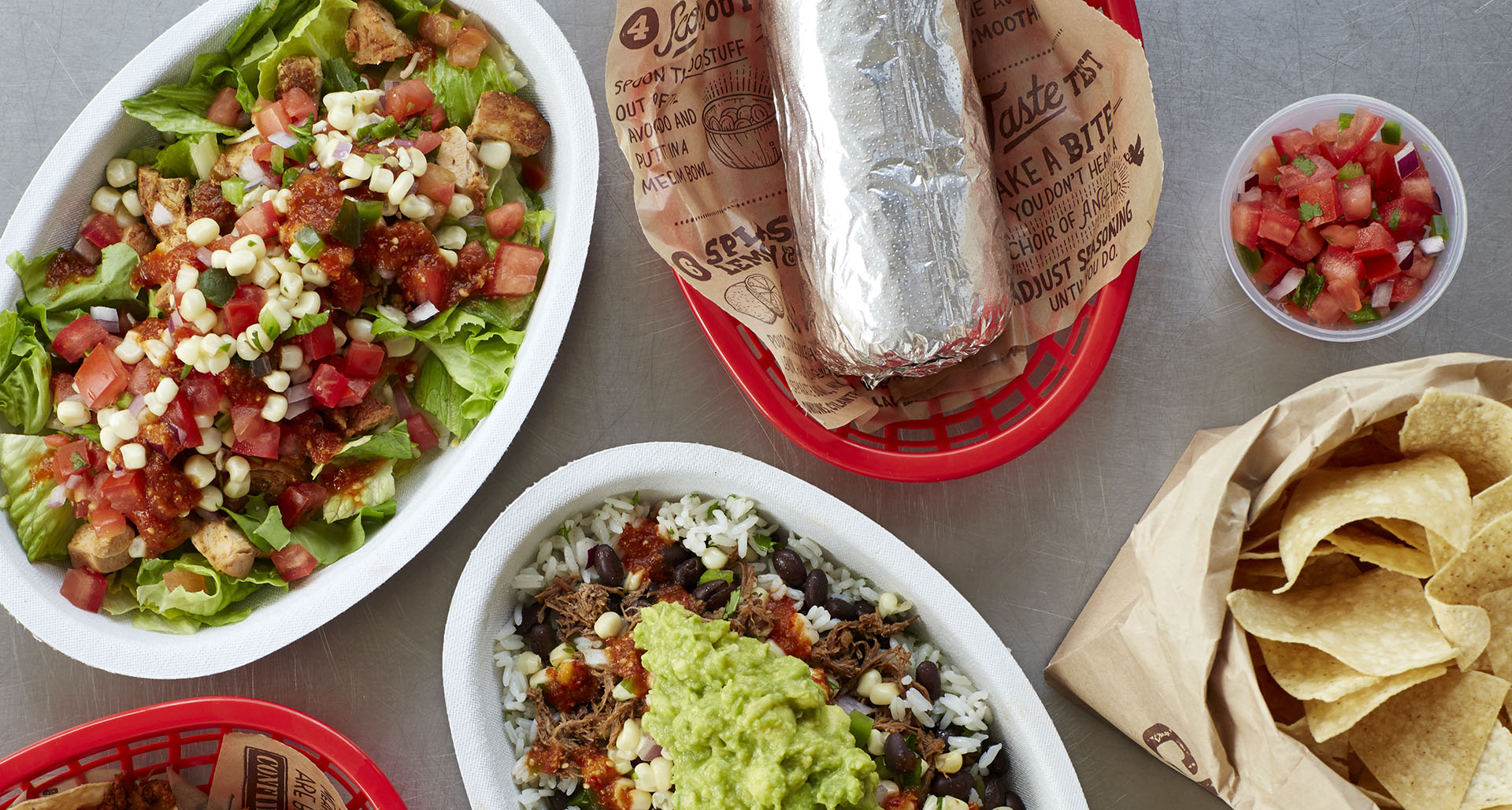Top Nutrition Myths To Avoid In 2024

It seems like every day, there’s a new diet or nutrition tip to get riled up over. In the pursuit of a healthier lifestyle, the lengths to which we’re willing to go are boundless. To be fair, there’s nothing wrong about wanting a quick fix to your problems or simply desiring a change in diet. But how does one distinguish between the real and the fake?
At the beginning of each year, millions resolve to lose weight, improve their diet, and get into shape. Although their hearts are in the right place, even those with the best intentions can fall victim to misinformation. The internet is oversaturated with fake news that’s nearly impossible to sift through. As a result, misadventures down the endless rabbit hole often lead to more confusion.
According to research done by Examine.com, many misleading myths about nutrition somehow continue to persist. Brady Holmer, an expert in exercise science and physiology with a Master’s degree in human performance, has delved into these myths in hopes of debunking them. Here are a few nutrition myths worth avoiding in 2024.

Carbs is a word that’s sure to trigger diet-takers. It typically translates to weight gain. That said, the idea that carbs cause obesity is a myth. A 2017 meta-analysis involving 32 separate controlled feeding studies showed that keto, low-carb, and higher-carb diets all lead to similar weight loss. It’s not so much about reducing your carb intake or replacing it with fat as it is about ending your day on a caloric deficit. You simply must eat less than you normally do.
The same caloric deficit theory applies to fat intake. Your body requires omega-3 and omega-6 fatty acids, and without consuming some fat, it can be dangerous for your health. Saturated fat also deserves closer consideration. Although it is true that a high saturated fat diet can increase LDL-C (low-density lipoprotein-cholesterol), not all foods that contain it have the same effect — cheese and chocolate are two examples. The takeaway is that saturated fats aren’t completely bad, an overall analysis of your dietary pattern will give you a more accurate picture. Moderation is still key.
Surprisingly, protein has also been on the receiving end of criticism in recent years. There’s a myth floating around that it harms your bones and kidneys by producing calcium in your urine. Researchers believed that bone loss occurs when calcium is extracted from them to mitigate the acid produced by your protein intake. Newer studies proved that to be a myth and found that dietary protein actually promotes calcium absorption, and furthermore, high protein intake promotes bone growth and slows bone loss. Studies have also proven that consuming protein does not damage your kidneys.

These are but a few of the myths that could derail your resolutions. From red meat and egg yolk to table salt and more, there’s a long list of myths that deserve a good debunking. Having the right information is essential to starting your 2024 resolutions off on the right foot. Click here for a more detailed overview of myths to avoid.






















